Energy Transition Conference 2021
Energy Transition Conference 2022
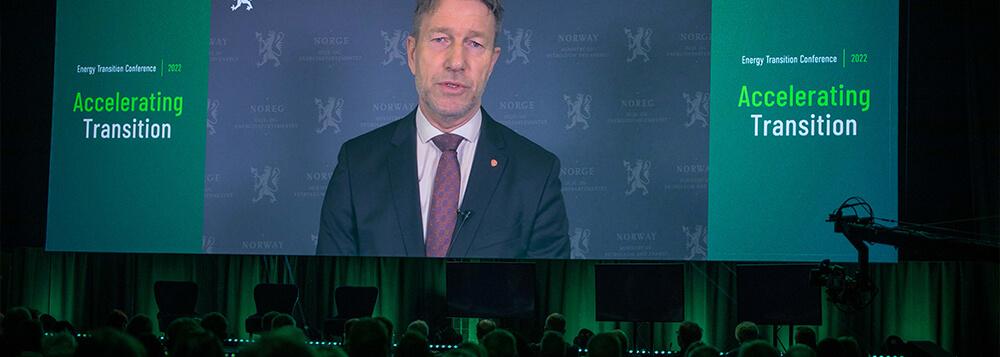
Accelerating Transition
The 2022 conference was organized as a hybrid event due to regional differences regarding Covid-19. Physical attendees gathered in Trondheim on March 29th, while over 25 000 unique viewers visited the stream.
Experts from a wide field of disciplines met to discuss how to accelerate the transition to renewable energy systems. After giving keynote presentations, speakers engaged in discussions with an expert panel and the audience.
The event was the main attraction during the NTNU Energy Transition Week - consisting of related workshops.
Speakers:

Vera Songwe
Under-Secretary-General, United Nations' ECA

Suzana Kahn Ribeiro
Professor and Deputy Director, COPPE/UFRJ

Terje Aasland,
Minister of Petroleum and Energy, OED

Kathrine Fog,
SVP and Head of Energy Strategy & Policy, Hydro

Christian Rynning-Tønnesen
President and CEO, Statkraft

Valerie Karplus
Associate Professor, Carnegie Mellon Uni

Joanna Pessemier,
Team leader, DG Energy

Ulrica Fearn
CFO, Equinor

Martin Skancke
Chair, Principles for Responsible Investment

Tilmann Vahle
Co-lead mobility, SYSTEMIQ
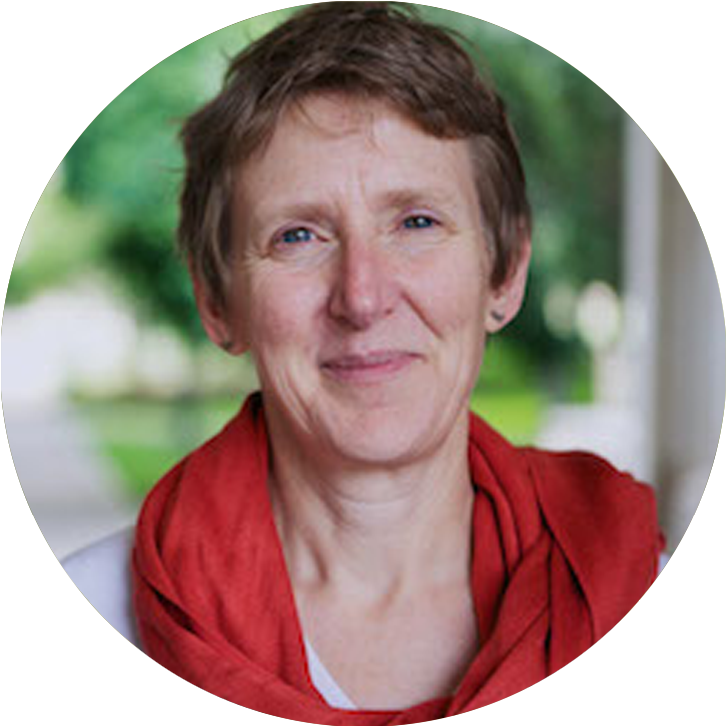
Susan Clayton
Professor Psychology, College of Wooster

Edward Maibach
Professor, Mason's Center for Climate Change Communication

Harald F. Lund
CEO, CICERO Shades of Green

Anders Bjartnes
Chief Editor, Klimastiftelsen

Carine Smith Ihenacho
Chief Governance and Compliance Officer, NBIM
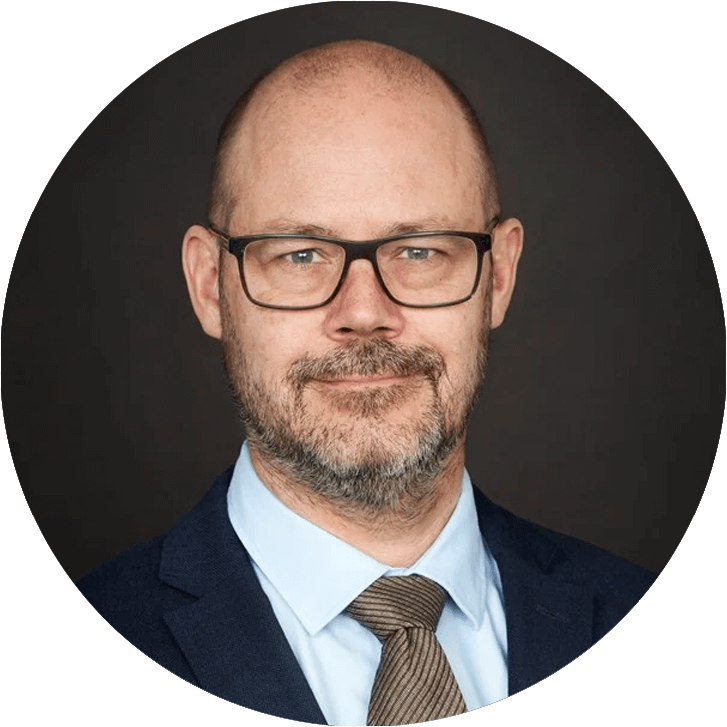
Niklas Johansson,
SVP Communication and Climate, LKAB

Anne Borg
Rector, NTNU

Tomas M. Skjølsvold
Professor, NTNU

John Olav Giæver Tande
Chief Scientist, SINTEF
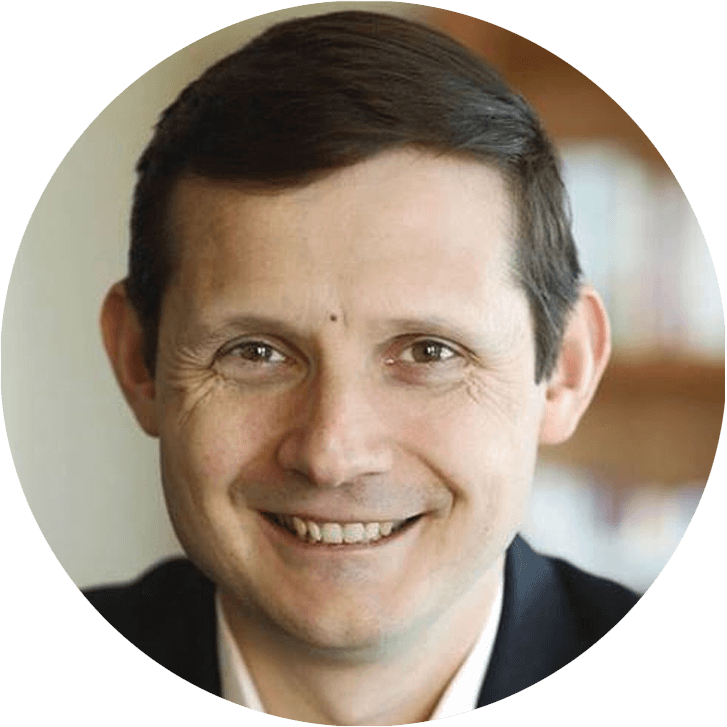
Peter D. Wood,
Chief Energy Advisor, Shell

Stine Lise Hattestad Bratsberg,
partner, KPMG Pure Sustainability
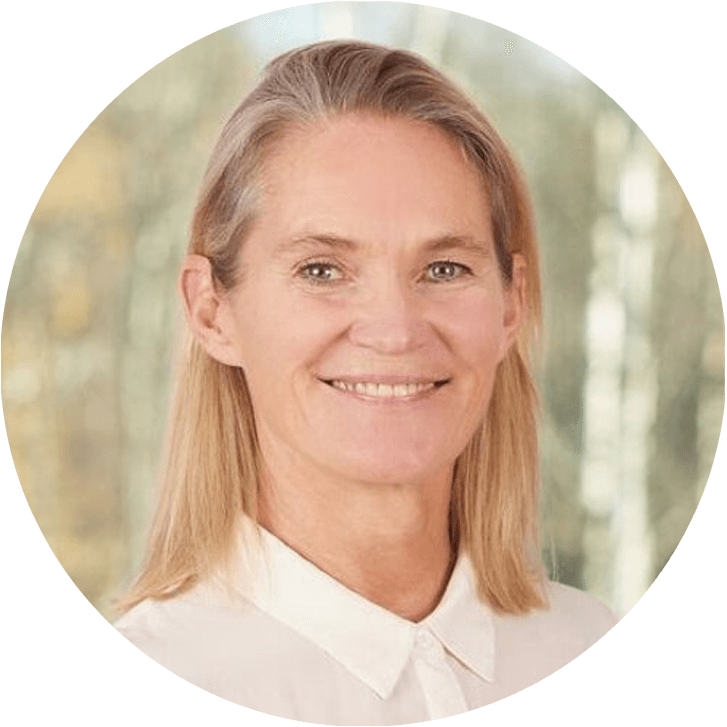
Hege Marie Norheim,
Executive Vice President, FREYR

Elisabeth Birkeland Kvalheim,
Executive VP Technology, Digital & innovation, Equinor
Previous conferences
- Energy Transition Conference 2025
- Energy Transition Conference 2024
- Energy Transition Conference 2023
- Energy Transition Conference 2022
- Energy Transition Conference 2021
- Energy Transition Conference 2020
- Energy Transition Conference 2019
- Energy Transition Conference 2018
- Energy Transition Conference 2017
Conference 2022
Opening Session: Urgent change
Opening Session: Urgent change
The conference starts with welcoming greetings and an introduction to this year's topic: Accelerating Transition. Keynote speakers include Vera Songwe from the United Nations, the Norwegian minister of Petroleum and Energy, Terje Aasland, Carri Lockhart from Equinor and NTNU's Anne Borg, who will talk about the need for urgency in the energy transition. Ruth Astrid Sæter is the Conference Moderator.
A shift in International Finance: Greenwash or for real?
A shift in International Finance: Greenwash or for real?
The finance industry seems to be one of the new driving forces of accelerated transition. This may be explained by the fact that investors care, but also with expectations for future income. Are we seeing a shift in the international finance landscape?
This first Session will examine topics like international cooperation, taxonomy and sustainable investment and potential side-effects, finance and technology transfers to emerging economies, climate risk vs. market risk, and how can finance create positive traction?
After these speakers have presented, they will participate in a moderated panel discussion.
Rapid Deployment: Behaviour & Technology
Rapid Deployment: Behaviour & Technology
This session discusses urgent actions needed to reach our climate
and energy targets. Urgent actions may focus on new industrial value chains and technologies and will include social reorganization. What kind of actions are needed to meet these goals? What sectors should be involved?
For these all-eccompassing challenges, speakers and panelists could have many topics to discuss. Like what COVID can teach us about rapid implementation of supply chains, markets and business models for negative emission technologies, social innovation as part of the acceleration, large scale circular economies, dematerialisation etc.
Probably, the IPCC report scheduled for March will influence most discussions at the conference.
Regional Innovation Strategies: Opportunities and Barriers
Regional Innovation Strategies: Opportunities and Barriers
The starting point of this session is the 1,5-degree scenario and it will focus on what do (regional) mitigation strategies mean for development locally and globally. With accelerated transition strategies follow the need for accelerated innovation. Transition strategies need to be resilient and feasible in terms of policy, acceptance, finance, and industry. The cooperation between industry, local communities and government is key to utilizing regional opportunities and removing barriers in this process. What does this mean in practice in terms of the schemes supporting the transition both locally and globally?
People, Polarisation and Populism
People, Polarisation and Populism
Transition policies run the risk of moving faster than people’s capacity for change. How can transitions prevent/not reinforce injustices? What is the role of media and education in the current transition debate?
Media seems forced to compete for attention by polarizing, focusing on personalities before situations, exaggerating, and using other distortion-tools to succeed in a information-rich society. Then, how do you get everyone on board for an energy transition; Do we even want that, and is it possible? How do we adress those that aren't on board.
Speakers and panelists will discuss the feasibility for the transition and change of mindset, citizen engagement and trust in science, alignment of political objectives and democratic choice.
Workshops 2022
The Unusual Suspects - Communication for Climate Action by New Societal Actors
The Unusual Suspects - Communication for Climate Action by New Societal Actors
In this workshop, we will explore the potential of engaging new societal actors in communication for climate action, who have not already been linked to the topic but have a large reach. This can be football players, musicians, artists, influencers, etc. We will discuss, what the role of these communicators can be and how we can forge alliances between science and these communicators.
Organisers: Christian Klöckner & Magnus Korpås
To Speed Up or To Give Up
To Speed Up or To Give Up
The IPCC scenarios are dire, and the likelihood that mankind is able to reach the 1.5 degrees target (or even the 2.0 degrees target) are getting smaller every day. At the same time, scientific knowledge about how grim the future with climate change of more than 2 degrees will look like is growing, and more and more people around the globe are aware of this threat. For many, it is more and more difficult not to resign and give up the fight, and instances of substantial climate worry, which impairs the quality of life, are getting more frequent. In this workshop, we will explore how being confronted with one of the most substantial threats in human history affects people emotionally, how to deal with this state of emotional alarm, and – maybe – how to not give up.
Organisers: Christian Klöckner & Magnus Korpås
An opportunity not to be missed: why and how the Clean Energy Transition should be just and contribute to a fairer Europe
An opportunity not to be missed: why and how the Clean Energy Transition should be just and contribute to a fairer Europe
In this workshop, we bring together academics, policymakers, and industry leaders to explore how to make the European clean energy transition a just energy transition. Our point of departure is a recent white paper, led by members of the European Energy Research Alliance. We look at the just energy transition from the perspectives of distributional, procedural, and recognitional justice. In this workshop, we endeavour to explore this topic deeper with the goal of producing an outline of tangible approaches in the form of a policy brief for the European Commission and national governments.
Organisers: Alessandro Sciullo & Tomas Moe Skjølsvold & Rita V. d’Oliveira & Giuseppe Pellegrini Masini & Ganna Gladkykh
The Future of Nuclear Energy
The Future of Nuclear Energy
What is the role of nuclear energy in the European context and why the new wave of interest for nuclear energy? H2 vs nuclear in industry: Apart from economics and security, it's a lot about politics and polity, but also about supply industry interests (often strongly supported by national government) .
Organisers: Reinhard Madlener, Michael Pollitt, Christian von Hirschhausen, & Björn Steigerwald
EFECT workshop: Sustainable Infrastructure and Energy Commodities for Sector Integration
EFECT workshop: Sustainable Infrastructure and Energy Commodities for Sector Integration
The workshop follows up on a previous workshop, held December 2021. It brings together experts in “Sustainable Infrastructure and Energy Commodities for Sector Integration” to showcase the latest research and studies. The event aims at creating a constructive discussion on research activities from members of EFECT.
Organisers: Anne Neumann & Raquel S. Jorge
Buildings and neighbourhoods as key assets in the energy transition
Buildings and neighbourhoods as key assets in the energy transition
Buildings and neighbourhoods are key assets in the transition towards the low-carbon society. In this workshop, you learn what the potential is, and how to release it.
Organisers: ZEN Centre & Ann Kristin Kvellheim
Flexible energy demand in buildings: user & energy system perspectives
Flexible energy demand in buildings: user & energy system perspectives
The response of buildings to price signals can be predicted by suitable energy demand models, thus becoming a sort of dispatchable demand that can be integrated in the operations of the energy system. This has the potential to reshape load profiles to reduce peak loads, better match renewable generation and reduce the cost of the green energy transition, while safeguarding the users' comfort in buildings. By modelling a large diffusion of demand response technology in the Norwegian and European building stock, demand-side and supply-side models are linked together, mimicking a market mechanism that provide optimal use of the end-use flexibility to address the following questions:
- Does flexible demand mean lower bills for the building owners and users?
- Will flexible demand bring about more stable prices? More or less investment in renewables, in Norway and in Europe?
- Will it bring lower or higher revenues for hydropower in Norway?
- Does flexible demand reduce the cost for reaching the decarbonisation goal?
Organisers: Igor Sartori
Energy crisis: challenges and opportunities for a fair transition
Energy crisis: challenges and opportunities for a fair transition
Organiser: Alessandro Sciullo
Green Energy Shifters
Green Energy Shifters
This workshop at the Energy Transition week will be the kick-off event for the Green Energy Shifters Network. To start building a community, the workshop will be organized as a digital “unConference”. This means that there will be speed dating and network opportunities and it also means that content and topics will emerge in the process and will come from the participants. The workshop will be facilitated by Julius Wesche who is a researcher at NTNU and who also hosts the NTNU Energy Transition Podcast.
Organiser: Julius Wesche
Negative Emissions and CDR - including ocean scenarios
Negative Emissions and CDR - including ocean scenarios
In this workshop we will seek insight to better understand the drivers, uncertainties, and deployment potential of CDR solutions. To focus, we will initially concentrate on seaweed farming, bio-CCS (BECCS) and direct air capture (DAC).
Organisers: Astrid Sørensen, Asgeir Tomasgard, Jorunn Skjermo, Catherine Banet, Markus Steen & Jae Edmonds
Programme Committee 2022
- Rita V. D'Oliveira Bouman, NTNU
- Anne Jortveit, Klimastiftelsen
- Christian A. Klöckner, NTNU
- Marianne Ryghaug, NTNU
- Gunnar Eskeland, NHH
- Asgeir Tomasgard, NTNU
- Anne Neumann, NTNU
- Pål Rasmussen, NTNU
- Astrid Sørensen, NTNU
- Tone Knudsen, Statkraft
- Bjørn Haugstad, Olje og Energidepartmentet
- Steffen Kallbekken, CICERO
- Tor Ivar Eikaas, Forskningsrådet